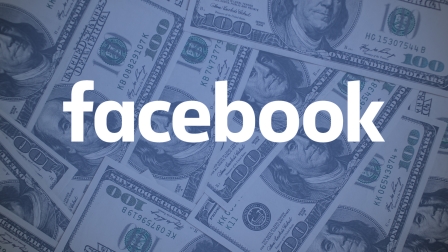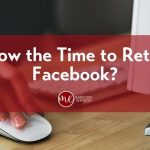Why “ad load” questions overtook Facebook’s latest earnings call
One of the main factors driving up Facebook’s ad revenue, ad load will become a less significant one by mid-2017, said Facebook CFO David Wehner.

One topic dominated Facebook’s second-quarter earnings call on Wednesday. Not the company’s monster quarter. Not video. Not Facebook Live. Not Instagram. Not Pokemon Go (though almost). Ad load overtook ’em all.
At least five questions about ad load were asked during Facebook’s earnings call. That level of attention to an in-the-weeds metric would have been weird if it weren’t for two sentences Facebook CFO David Wehner said early into Wednesday’s call:
“We anticipate ad load on Facebook will continue to grow modestly over the next 12 months and then will be a less significant factor driving revenue growth after mid-2017. Since ad load has been one of the important factors in our recent strong period of revenue growth, we expect the rate at which we are able to grow revenue will be impacted accordingly,” Wehner said.
Okay, Facebook plans to keep squeezing more ads into people’s feeds for the next year, which will help it — somewhat artificially — make more money. And then maybe around this time in 2017, Facebook will have maxed out the ratio of ads to organic posts in people’s feeds, so it won’t be able to count on boosting ad load to boost ad revenue. Wehner didn’t say it, but the implication is that Facebook’s ad revenue might not grow by as much once that happens.
This seems normal, right? It’s not like people’s news feeds would eventually be all ads, so at some point, Facebook would have to downshift on ad load. Yes, totally. But so soon?
To Wall Street analysts, this might be happening too soon, and here’s why.
Last October, Facebook had come off a similarly stunning quarter to its most recent one. Things were cheery. But Wall Street analysts are like Bill Belichick: on to the next one. So given that Wehner cited an increased ad load as an important factor in increasing that quarter’s ad revenue by 45 percent year over year, one analyst asked during Facebook’s earnings call, “Yo, you think you could increase ad load any more and how much?”
Facebook execs answer direct questions directly just about never, so Wehner wasn’t about to say, “Yeah, for sure.” Instead he repeated that ad load — along with advertiser demand, the number of people using Facebook and how much time they spend using it — were the main reasons Facebook made so much money that quarter AND “we see all of those continuing to be factors for growth going forward.”
“Going forward” sounds great. It sounds like forever. It sounds like “We’ve got so much coal, fire and track ahead of us that this money train ain’t never stopping so buy more tickets, shareholders.”
Then on Wednesday, Wehner effectively said that Facebook’s gonna need to temper the flames in a year.
This was inevitable, and, as someone who uses Facebook and once used MySpace, I think it is the right move. If Facebook didn’t at some point realize a need to temper the flames, it would burn the whole train down.
Besides, tempering the flames doesn’t necessarily mean turning down the heat. So long as Facebook is able to continue to fan advertiser demand, as well as new-user signups and existing-user time spent, any ad load changes shouldn’t snuff out its ad revenue; the constrained supply will probably even heighten demand, not to mention the added supply from Instagram and Facebook’s ad network.
But in tempering its ad load, Facebook is taking its hand off one of the knobs that had been turning up its ad business, the one knob it had the most control over if it ever needed to turn things up.
Facebook can give advertisers new reasons to pay extra for its ads — better targeting, better measurement, fancier formats like autoplay video, multi-ad carousels and Canvas — but it can’t force them to do so. Facebook can give people new reasons to sign up for Facebook — Messenger, Free Basics, Facebook Lite — but it can’t force them to do so. Facebook can give people new reasons to use Facebook more often — Instant Articles, Live, Groups — but it can’t force them to do so.
But Facebook can force more ads into people’s feeds — or at least it can for a little while longer. Not for much longer.
Marketing Land – Internet Marketing News, Strategies & Tips
(19)













